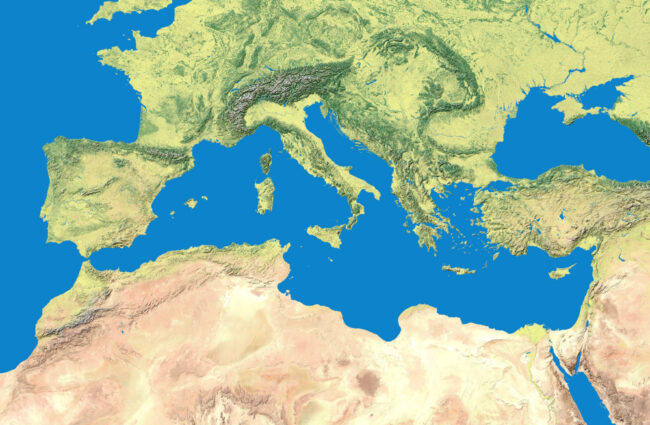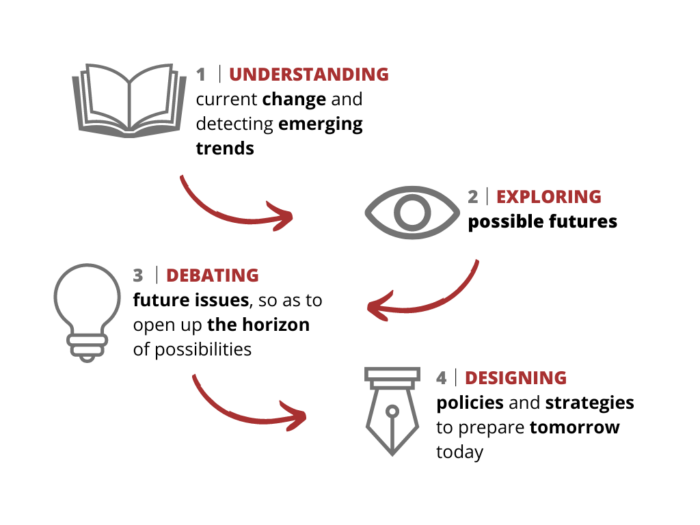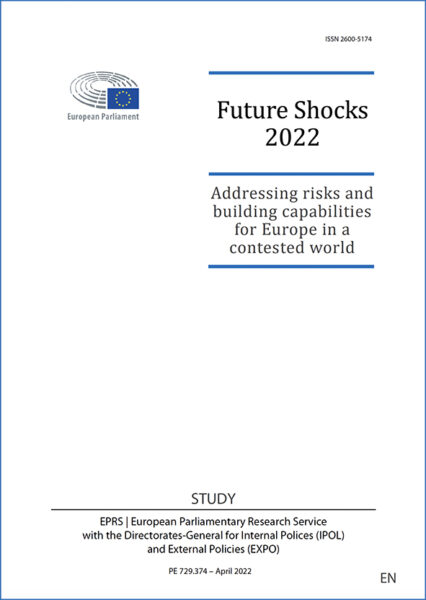The end of 2020 will mark the 25th anniversary of the Barcelona Conference, which began the process of the same name that sought to bring the countries from the two shores of the Mediterranean together to make this region a zone of peace and prosperity. A quarter of a century later, we have to admit that this admirable aim—to which we should undoubtedly still cleave—is a long way from being achieved. On the northern side, the countries bordering the Mediterranean have seen a succession of socio-economic crises. On the southern side, between the (often thwarted) revolts of the ‘Arab spring’, the war in Syria and the stalemate in the Israel-Palestine conflict, regional peace is still very far off. As for dialogue and rapprochement between the northern and southern sides, there has been barely any progress, as Sébastien Abis shows here.
Recalling the developments in the Mediterranean region in recent decades and how hard it has been to advance Euro-Mediterranean relations, this article highlights the main sticking points. It also points out how varied the interests of the different parties are and how greatly Mediterranean countries are integrated into globalization, with their trade and relationships being in no way restricted to Europe and its periphery. Will the region be able to overcome its current difficulties? Will it become part of a regional process? Will solidarity win out over rivalries? As Sébastien Abis shows here, a bright future for the region is not entirely to be ruled out, but it still seems a considerable way off.



